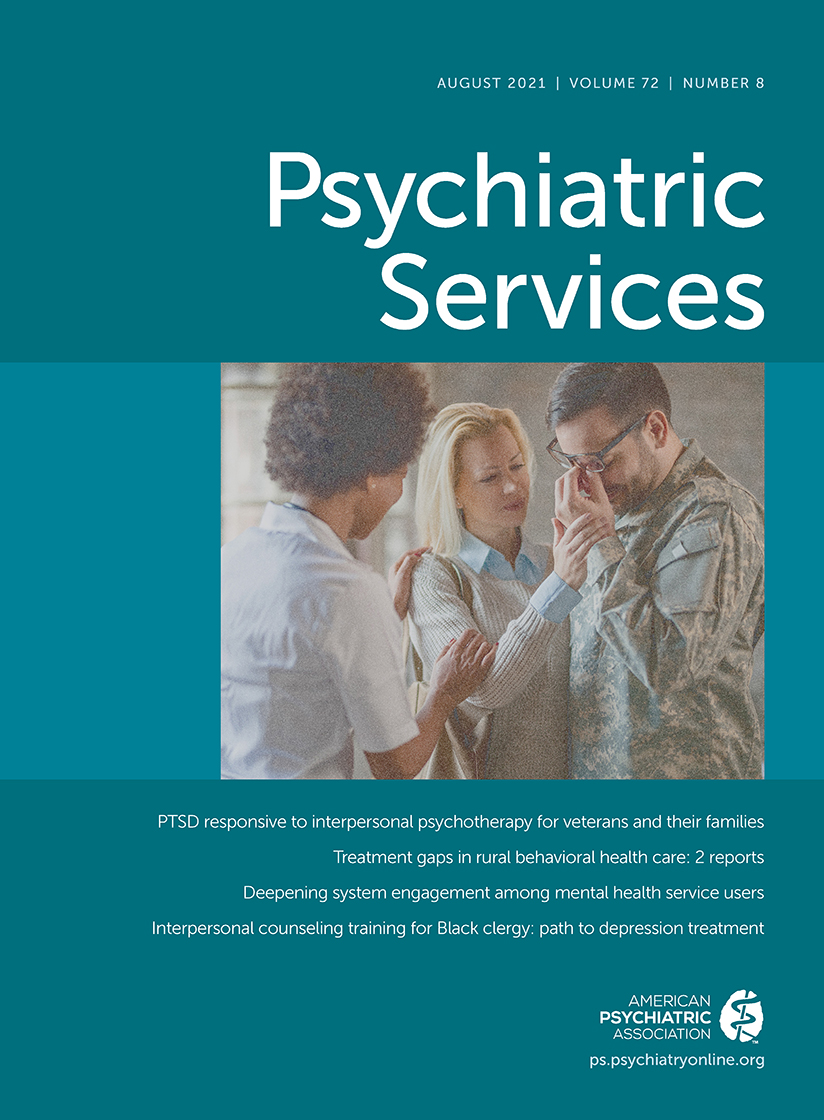Weighing the Association Between BMI Change and Suicide Mortality
Abstract
Objective:
Suicide rates continue to rise, necessitating the identification of risk factors. Obesity and suicide mortality rates have been examined, but associations among weight change, death by suicide, and depression among adults in the United States remain unclear.
Methods:
Data from 387 people who died by suicide in 2000–2015 with a recorded body mass index (BMI) in the first and second 6 months preceding their death (“index date”) were extracted from the Mental Health Research Network. Each person was matched with five people in a control group (comprising individuals who did not die by suicide) by age, sex, index year, and health care site (N=1,935).
Results:
People who died by suicide were predominantly male (71%), White (69%), and middle aged (mean age=57 years) and had a depression diagnosis (55%) and chronic health issues (57%) (corresponding results for the control group: 71% male, 66% White, 14% with depression diagnosis, and 43% with chronic health issues; mean age=56 years). Change in BMI within the year before the index date statistically significantly differed between those who died by suicide (mean change=−0.72±2.42 kg/m2) and the control group (mean change=0.06±4.99 kg/m2) (p<0.001, Cohen’s d=0.17). A one-unit BMI decrease was associated with increased risk for suicide after adjustment for demographic characteristics, mental disorders, and Charlson comorbidity score (adjusted odds ratio=1.11, 95% confidence interval=1.05–1.18, p<0.001). For those without depression, a BMI change was significantly associated with suicide (p<0.001).
Conclusions:
An increased suicide mortality rate was associated with weight loss in the year before a suicide after analyses accounted for general and mental health indicators.



